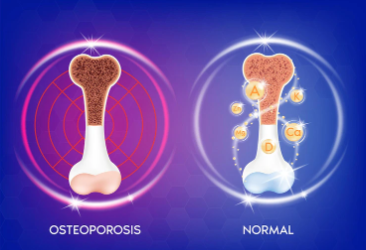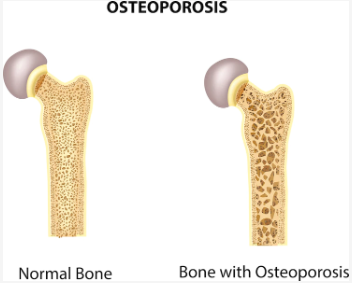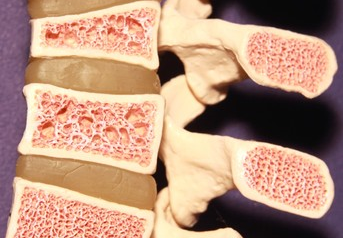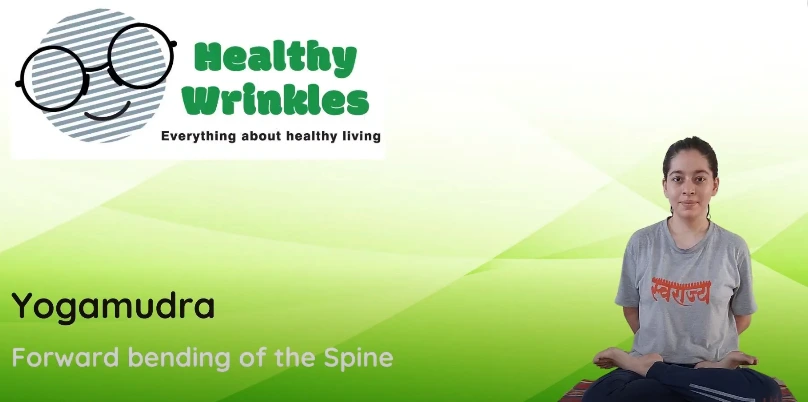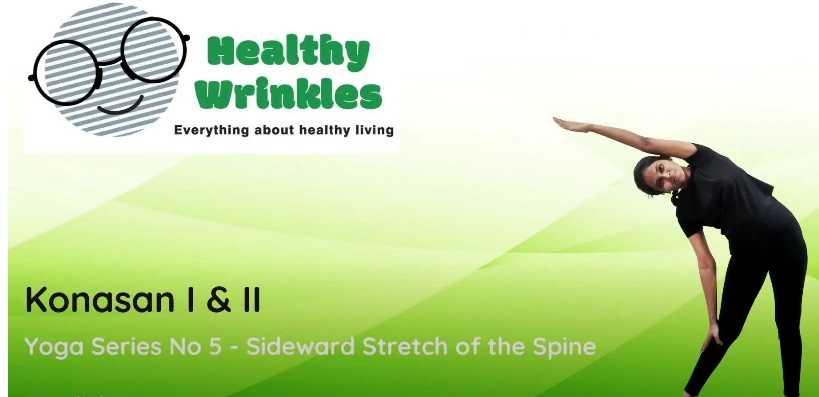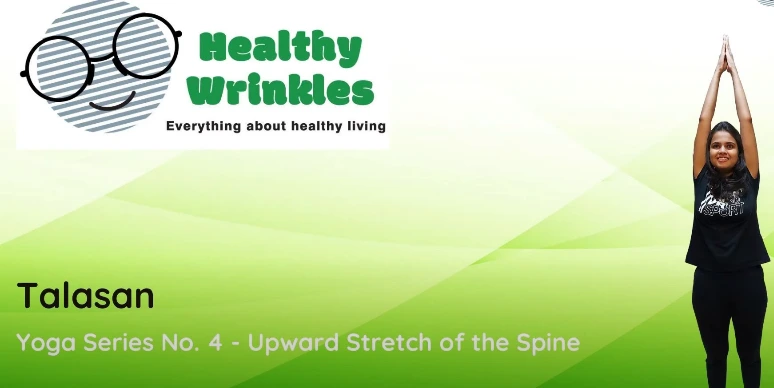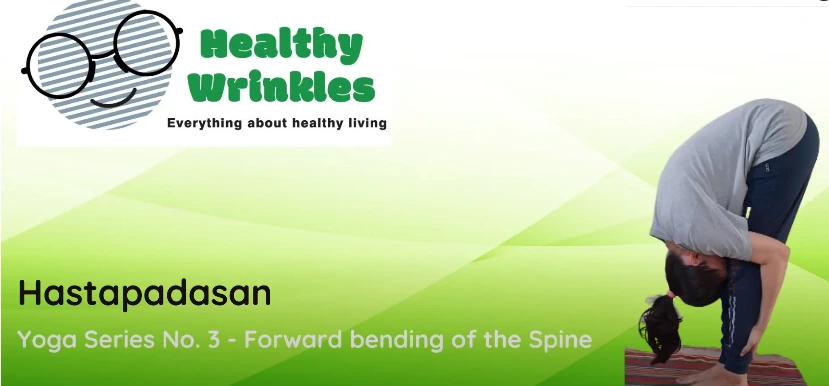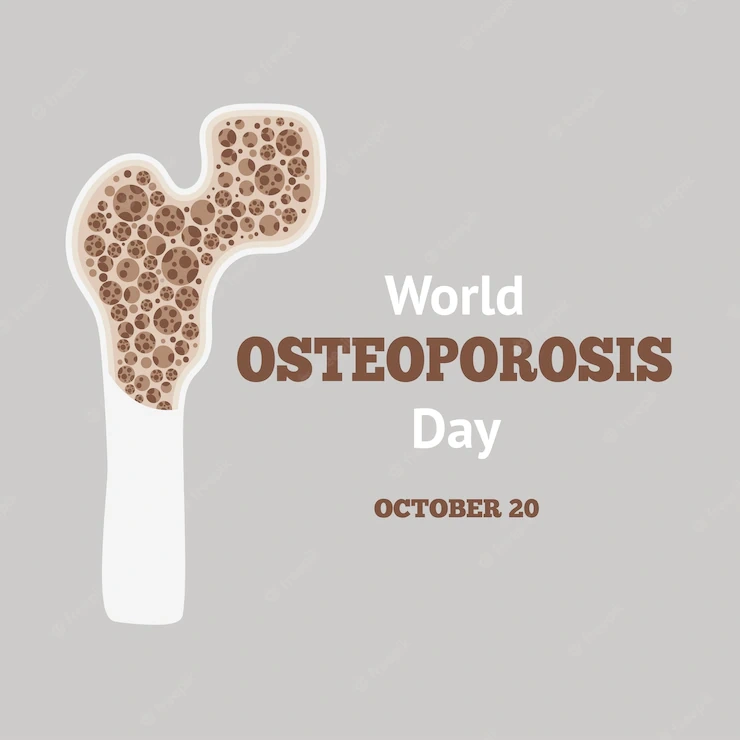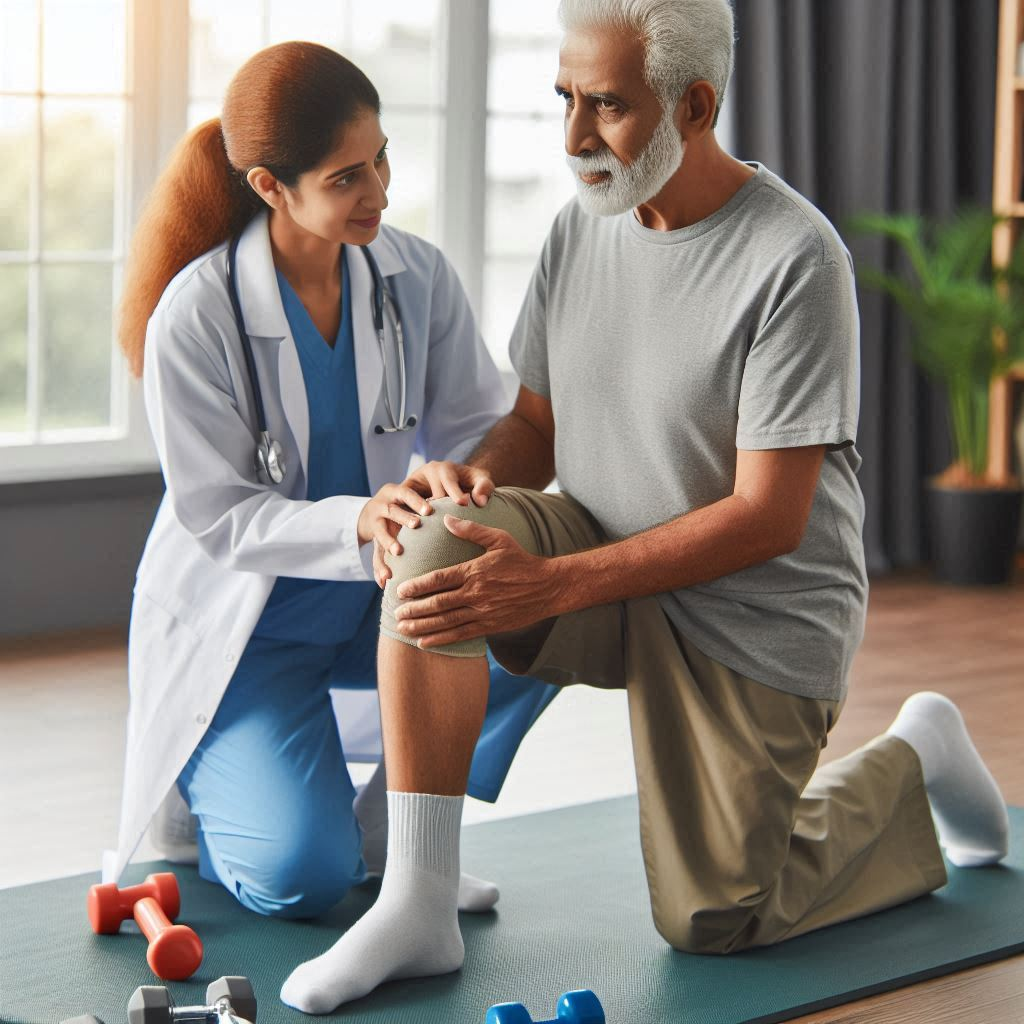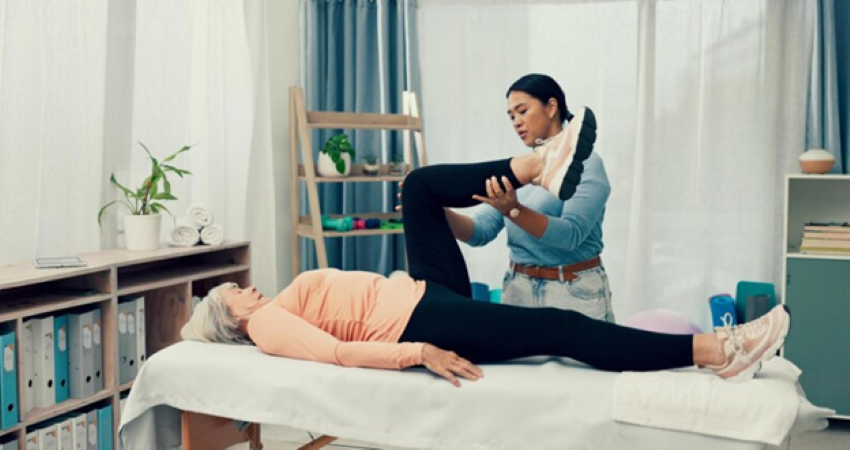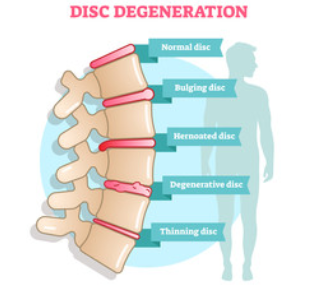What happens to the spine as we age?
24-06-24
Have you ever used the excuse "I must be growing old" to explain away how slow and stiff you feel or how "terrible your back" is?
This blog will discuss the effects of spinal aging and what you can do to maintain the best possible spine health.
Bones and discs make up the spine. The discs have a gelatinous texture. The discs begin to dry out and stop cushioning the bones as we age. Without the cushioning provided by the discs, the spinal cord or nerve roots (or both) begin to swell or become compressed. This condition is referred to as "aging degeneration" or "disc degeneration". This entails the spine's natural structure and function gradually deteriorating over time. The good news is that there are many ways that may improve our spine health and steps to delay or lessen spinal aging and its effects.
The capacity of our spines to adapt to and absorb the stresses of daily life declines as we age, and how we spend our lives can significantly affect the rate of degeneration and its severity.
For instance, those with heavy physical work, are more prone to experience early-onset degenerative changes in the spine because they spend most of their working lives exposed to physical stresses, postural stressors, and significant axial loading through the spine (weight bearing).
Neck and lower lumbar spine degeneration are the most prevalent, and they can cause a variety of symptoms, including spinal deformation (curve changes, rotation, and misalignments), reduced motion, pain from joint irritation, and others.
How can you maintain the health of your spine as you age?
Our genetics, i.e., our parents, largely determine the rate at which our spines age. A significantly lesser extent of contribution is made by lifestyle factors and other medical disorders like diabetes. Smoking over an extended period of time is bad for our discs and pretty much everything else!
While there is nothing we can do to alter our genetic make-up, there are things we can do to support our backs and lessen the effects of these degenerative changes. These consist of:
●Exercise on a regular basis, especially brisk walking.
●Spend no more than 30 minutes sitting still. Move about a lot and regularly.
●Having a balanced diet and drinking water regularly throughout the day.
●Strengthen the abdominal and back muscles, which are more crucial for the health of our spine as we age.
●Avoid heavy lifting
●Say no to smoking
